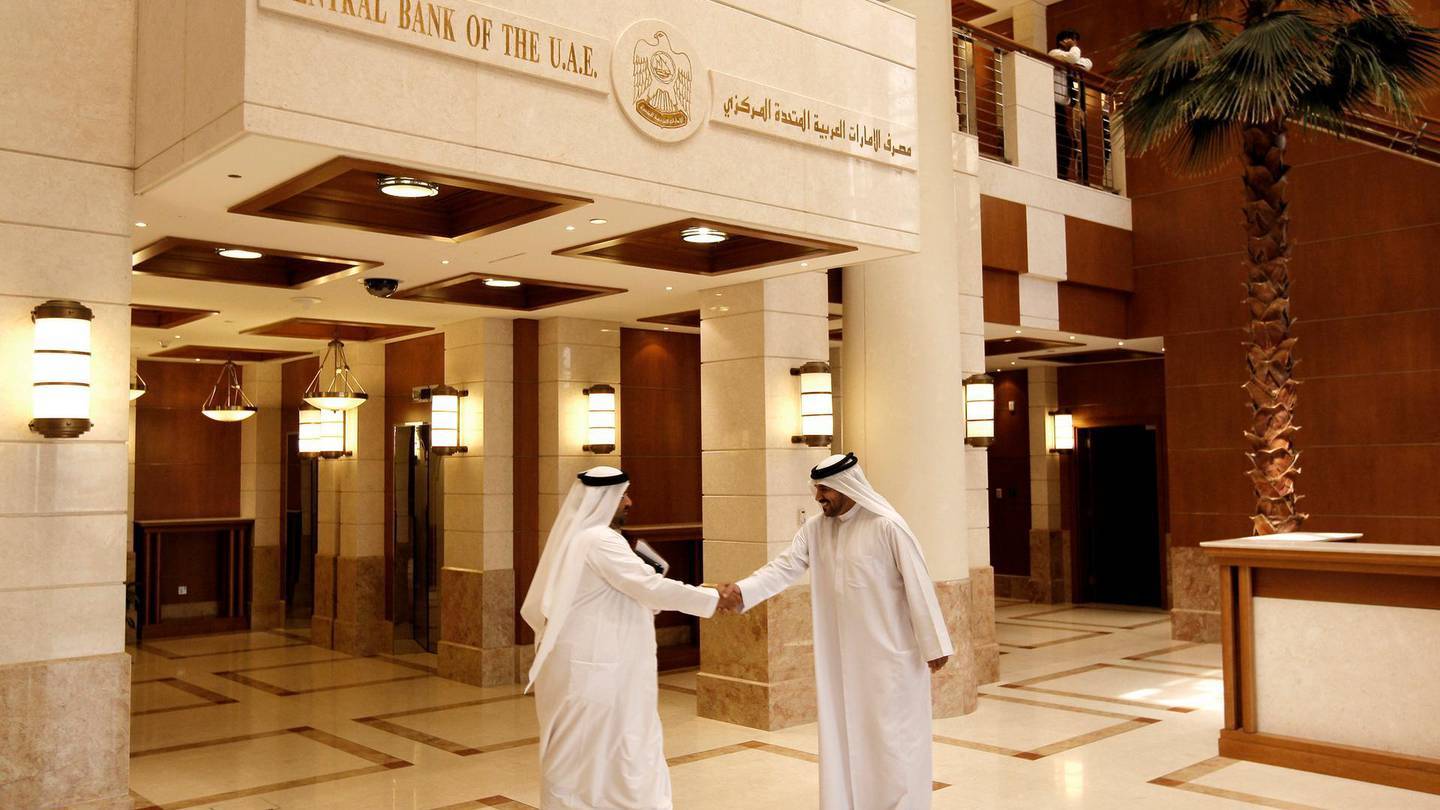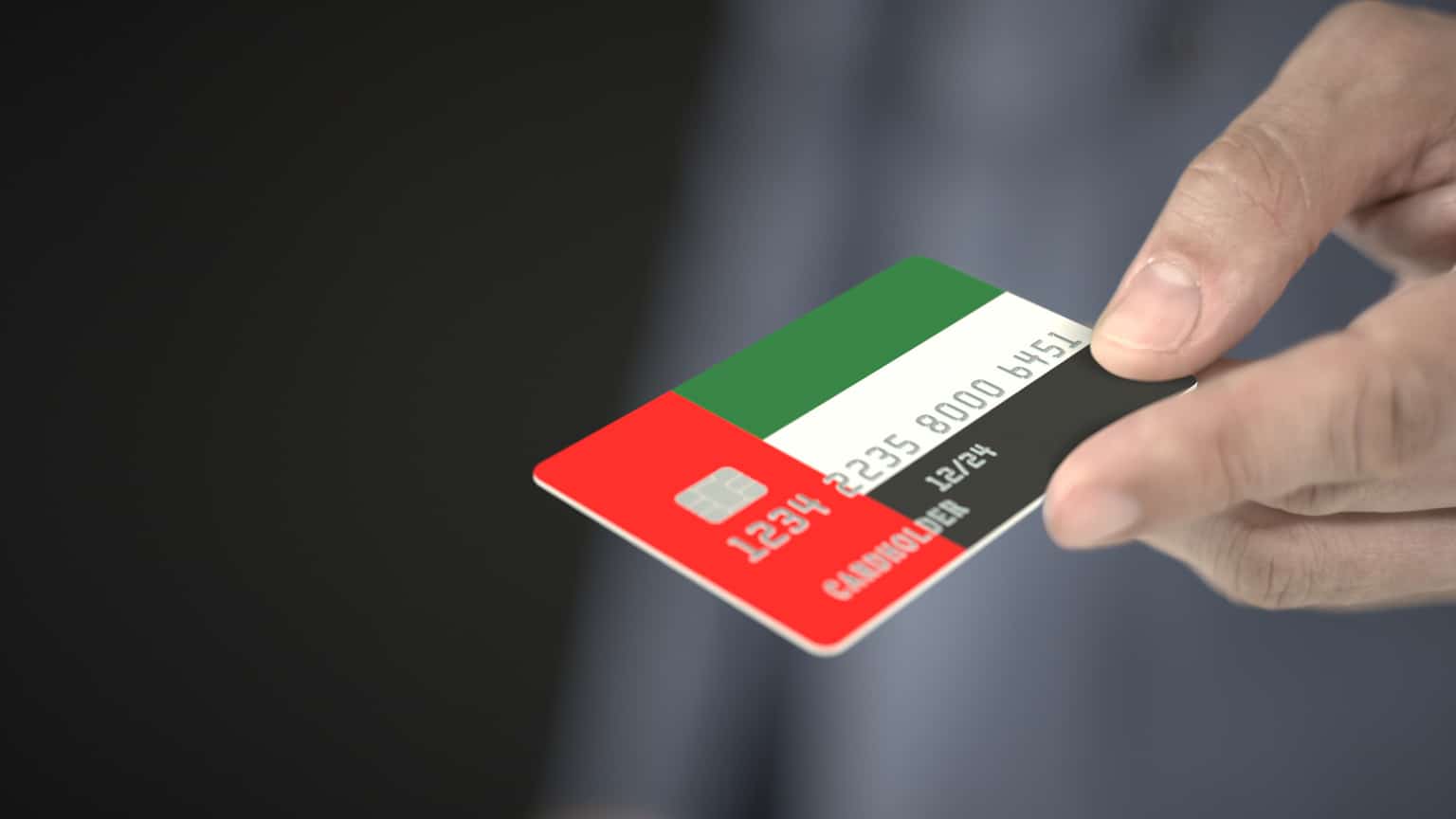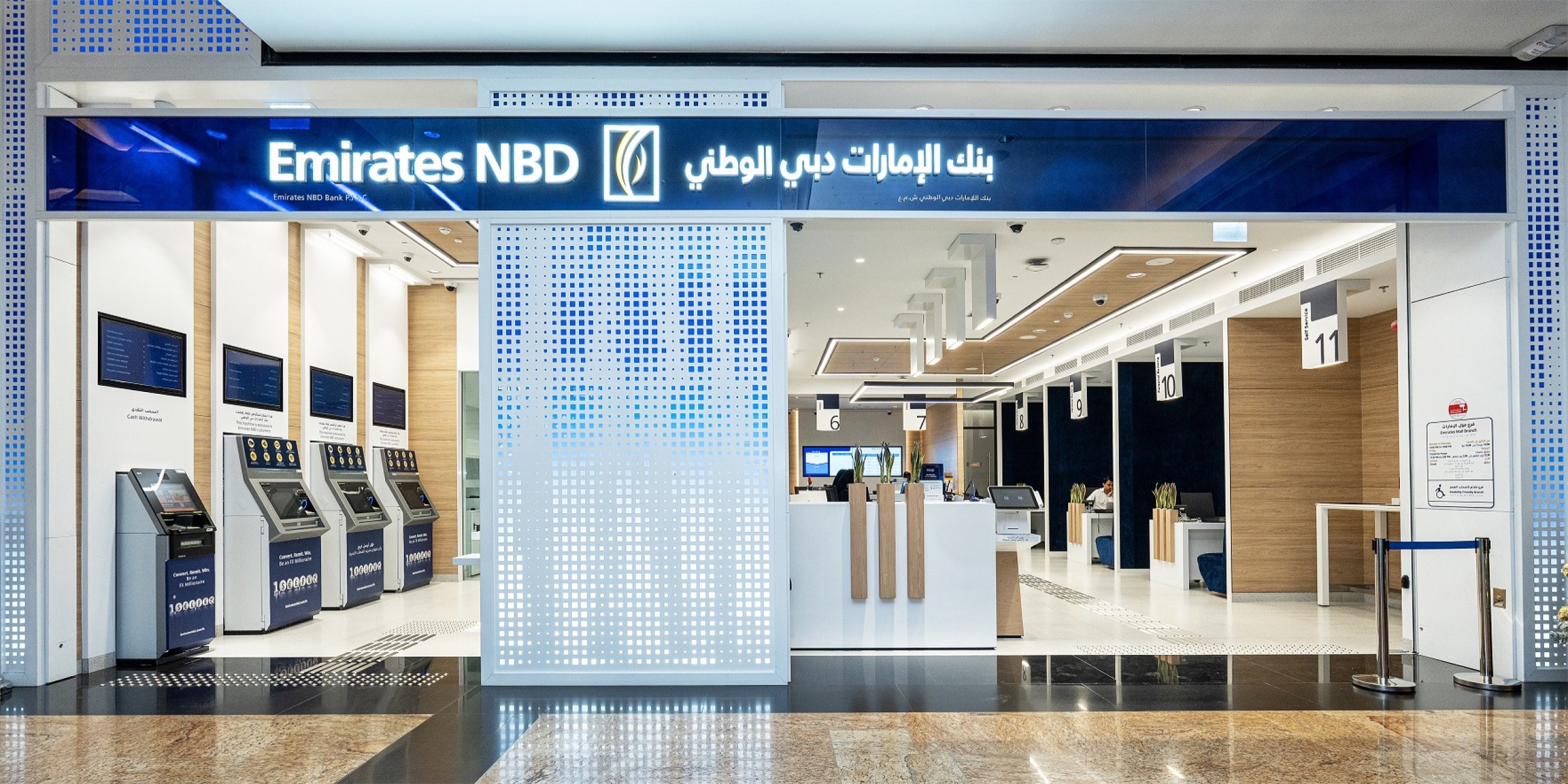The UAE’s influence on the global financial system is continuously growing. Emirates banks accumulate vast resources. According to the auditing company KPMG’s data for 2022, the ten most significant banks declared a 5% increase in assets (149.5 billion dirhams) compared to 2021.
As of July 1, 2023, the Emirates’ central bank balance amounted to 649 billion dirhams or 176.68 billion US dollars. Previously, the maximum balance reached 471 billion AED (128.34 billion USD). The growth amounted to 37.8%.
International institution clients have access to many products, ensuring quick and confidential conduct of investment, trade, and personal transactions.
Types of Banking Institutions in the United Arab Emirates

All banks in the UAE can be divided into two groups. The first consists of national commercial banks, including Islamic banks, and the second consists of branches of the largest international financial institutions. Private and corporate clients highly value their services. They trust the influential rating agency Fitch, which evaluates the country’s sovereign rating as “stable.”
The National Segment of the Financial Services Market
Local banks in the UAE operate under full or restricted licenses issued by the country’s Central Bank by the provisions of Law No. 10 of 1980. Clients can manage personal and corporate funds around the clock through online banking, allowing them to:
- Receive statements with a single click.
- Open and close accounts online.
- Pay for services and purchases without leaving their homes.
- Transfer money in real time to any part of the world.
National banks offer an extensive range of services tailored to the needs of both private individuals and corporate clients.
Islamic Banks
A distinctive feature of the financial system in the UAE is the presence of banks operating according to Sharia principles. They are called Islamic banks because they do not offer services that are considered sinful in Islam, such as:
- Providing loans with interest and accruing interest on deposits.
- Investing in non-halal meat products, gambling, alcohol and tobacco production and trade.
- Buying securities and stocks for resale and profit.
Islamic banks in the United Arab Emirates offer interest-free loans to clients instead of consumer credit. For those needing funds for business development, they offer partnerships as investors rather than conventional lending.
Branches of International Banks
Branches of foreign banks operate under licenses issued by the Central Bank. Licensing was introduced in 2003 to support national financial institutions and regulate the influx of foreign entities. In 2003, licenses were granted to five foreign financial institutions. Currently, their number in the country is several times higher.
List of Banks in the United Arab Emirates
The table below showcases the top banks in the UAE, catering to both private and corporate clients. They provide financial transaction services, including payment via plastic cards and electronic payment systems.
| Name, Establishment Date | Assets, Billion Dirhams | Network, Number of Branches | Account Opening Time, Days |
|---|---|---|---|
| Abu Dhabi Commercial Bank, 1985 | 501,0 | 72 | 2-15 |
| Abu Dhabi Islamic Bank. 1997 | 45,0 | 65 | 2-15 |
| Emirates NBD, 1963 | 742,0 | 200 | 2-15 |
| Commercial Bank of Dubai,1969 | 23,0 | 25 | 2-15 |
| Mashreq bank, 1967 | 48,2 | 29 | 2-15 |
| National Bank of Abu Dhabi, 1968 | * | 17 | 2-15 |
| Sharjah Islamic Bank, 1975 | 54,6 | * | 2-15 |
Key Features of Banks in the Emirates

All banks in the United Arab Emirates support the IBAN system, facilitating fast payments from European countries. Financial institutions offer:
- Services for individuals and businesses.
- Investment services.
- Insurance.
- Lending.
- Checkbooks and payment bank cards.
Since each emirate has an independent government, it is advisable to clarify regional service conditions. This is especially relevant for Islamic banks, which operate under strict rules regarding interest-based lending.
For a potential client, it is necessary to:
- Know the service rules for non-residents, residents, and company owners.
- Be prepared for the institution to request confirmation of monthly income of at least 825 US dollars (3000 dirhams).
- Expect free servicing with regular inflows totaling 3-5 thousand dirhams as income or salary. For clients with lower financial inflows, servicing will cost 20-30 AED per month (approximately 6-8 USD).
Offline services are available six days a week, except for Sundays. Friday is a shortened workday, or services are provided until the second half of the day. On other days, branches open at 8-9 am and close at 2 pm. Some branches operate until 7-9 pm.
Advantages of an Account in the UAE
Banks in the Emirates attract clients from around the world with reliability and stability. Due to the dirham’s peg to the US dollar, the currency maintains stability, ensuring the safety of clients’ savings and investments. Clients do not experience pressure from currency controls. They are guaranteed transaction security and confidentiality. Mobile banking provides high-speed operations from anywhere on the planet at any time.
What Types of Accounts and Cards Do UAE Banks Offer?

There are two options for foreigners:
- Current Account: This can be opened by citizens of UAE and Gulf countries and foreigners with residency visas. This option is popular because it allows for issuing checkbooks, a standard payment method in the country, unlimited transactions, and overdraft facilities. The downside is that the account holder does not earn interest on the balance. Having a checkbook simplifies the rental process. A tenant who signs a one-year lease (otherwise, renting is impossible) issues checks for payment for the same period, specifying dates. The landlord receives payment for the month specified on the check.
- Savings Account: Besides the aforementioned categories of clients, foreigners without a residency visa are also allowed to open this account. A savings account does not come with a checkbook but accrues interest ranging from 0.1% to 2.0% on the balance. The account holder must adhere to the bank’s prescribed restrictions on fund movement and cannot apply for credit.
A father or male guardian can open a savings account for a child under 18. A mother or female guardian will require authorization. Parents do not have access to the child’s funds, and the child gains complete access to them upon reaching 18 years old.
Top Banks in the UAE
The top three leading national financial institutions with excellent business reputations are First Abu Dhabi Bank, Abu Dhabi Commercial Bank, and Emirates NBD. Major state-owned companies and the country’s ruling dynasty are among their shareholders. These institutions are considered the best due to their stability, reliability, and extensive range of services. Clients receive impeccable service and can be assured of the security and confidentiality of transactions.
Top Banks in the UAE for Foreigners
As of the beginning of 2024, the best banks for foreigners are considered to be:
- First Abu Dhabi Bank.
- Emirates NBD.
- Abu Dhabi Commercial Bank (ADCB).
They are united by their favorable attitude towards foreigners and a high long-term credit rating of no less than BBB+, indicating an extremely low probability of bankruptcy.

How to Start Opening a Bank Account in the UAE
When opening an account, choose a reliable bank with free servicing and the optimal product—a special offer for students, retirees, women, or children. The first step is always gathering documents. At this stage, mistakes can be made due to a lack of knowledge. It’s better to seek assistance from a specialized company that helps foreigners adapt to the United Arab Emirates.
How We Work: Benefits of Collaborating with Dynasty Business Adviser
Our company has assisted individuals from CIS countries in obtaining quality banking services in the Emirates for many years. Our staff is thoroughly familiar with the intricacies of the country’s financial institutions. Feel free to contact us — we will help you choose a bank and open an account on the most favorable terms.
The following services are in high demand among Dynasty Business Adviser clients:
- opening a personal current account;
- opening a corporate bank account;
- opening an offshore bank account.
Please note that this publication is for informational purposes only. Want advice? We are at your service.









